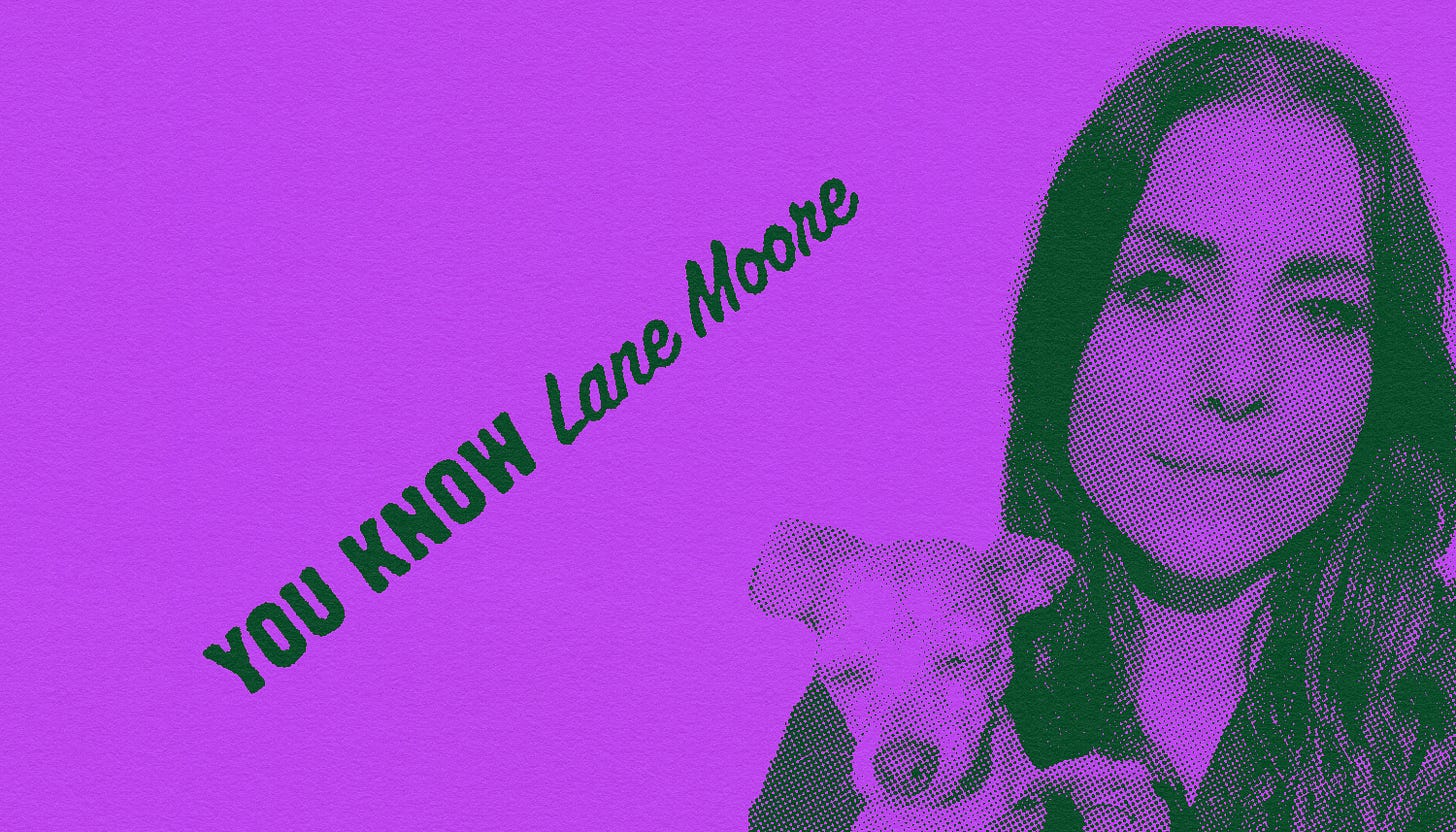Beyond Toxic Positivity: Lane Moore's New Approach to Life Advice
The creator of "Tinder Live" launches a newsletter that tackles life's anxieties with honesty and humor.
In the world of advice columns, it's rare to find a voice that manages to be both brutally honest and deeply empathetic. My friend Lane Moore, the multi-talented creator behind the award-winning comedy show "Tinder Live" and author of books like "How To Be Alone" and “You Will Find Your People” has launched a new newsletter that embodies this unique balance.
Title…
Keep reading with a 7-day free trial
Subscribe to The Present Age to keep reading this post and get 7 days of free access to the full post archives.



